Emad S.
See all reviews
Explore essential algorithms in Python! Learn searching (Linear & Binary), sorting (Bubble, Insertion, Merge, Quick), and complexity analysis (Big O notation). Understand efficiency, recognize trade-offs, and build a strong foundation for developing optimized algorithms in data science, software development, and coding interviews.
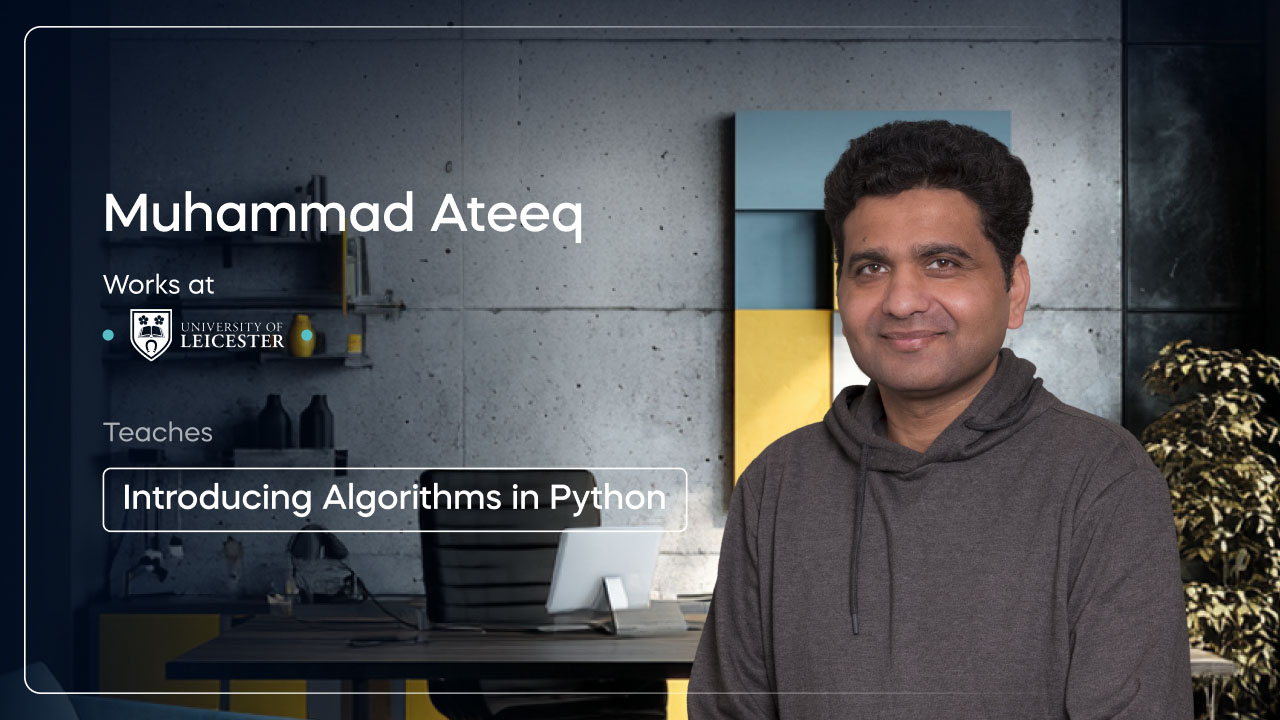




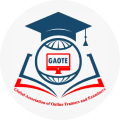
Skill level:
Duration:
CPE credits:
Accredited

Bringing real-world expertise from leading global companies
Doctorate (PhD), Computer Science
Description
Programming has two essential parts: devising logic (algorithms) to solve problems using relevant data (data structures). In data science, efficient algorithms and appropriate data structures are crucial for effectively processing and analyzing large datasets. This Introducing Algorithms in Python course bridges these fundamental concepts of algorithms.
In this Algorithms in Python course, you'll start by immersing yourself in the world of algorithms. You’ll learn how to think critically and develop efficient solutions through essential searching techniques like linear search and binary search, as well as fundamental Python sorting algorithms—including bubble sort, insertion sort, merge sort, and quick sort. Implementing these algorithms in Python will enhance your coding proficiency and problem-solving skills, which are vital in data science.
By the end of our Introducing Algorithms in Python course, you'll have a solid foundation to tackle data science projects more effectively—equipped with the skills to write efficient code to handle varying data proficiently.
Are you an aspiring data scientist, programmer, or someone looking to strengthen your fundamentals? This Algorithms in Python course provides the knowledge to advance your skills and confidence in recognizing and developing efficient solutions and applications.
Start mastering essential algorithms in this Introducing Algorithms in Python Course today!
Curriculum
Free lessons

1.1 Welcome to the Course
3 min

1.2 What Are Algorithms?
2 min
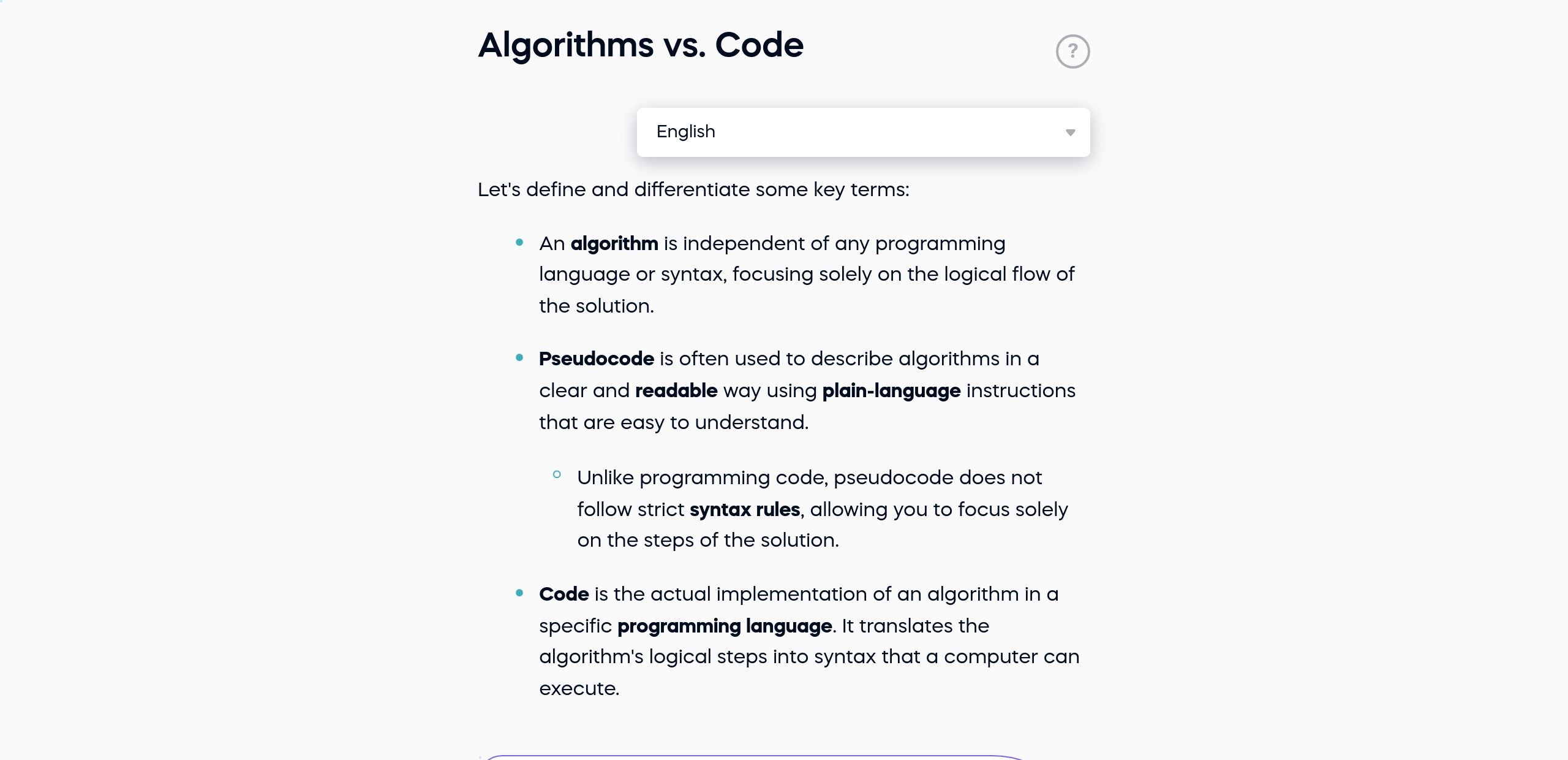
1.4 Algorithms vs. Code
1 min
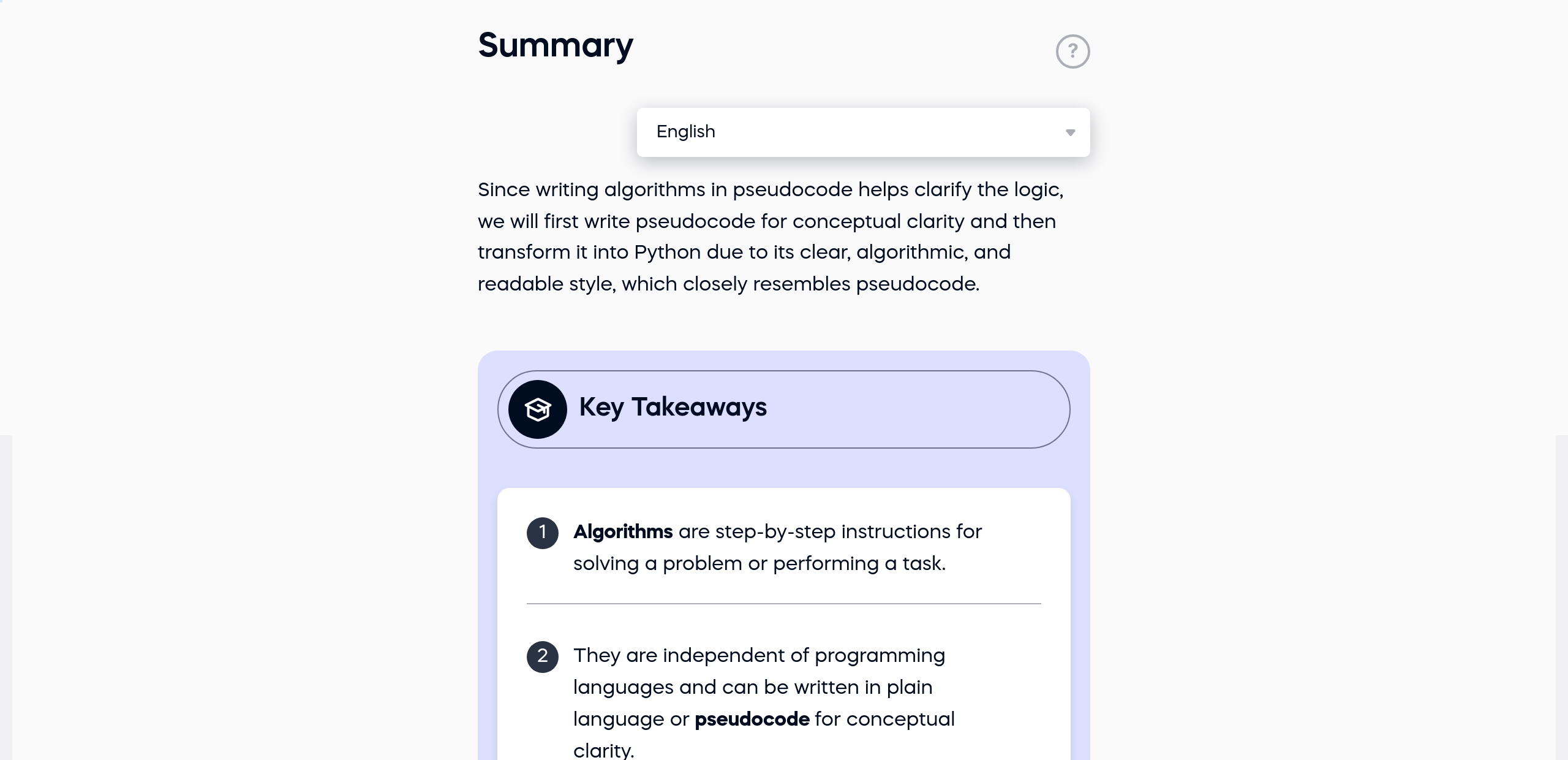
1.6 Summary
1 min
9 in 10
of our graduates landed a new AI & data job
94%
of AI and data science graduates
successfully change
$29,000
average salary increase
ACCREDITED certificates
Craft a resume and LinkedIn profile you’re proud of—featuring certificates recognized by leading global
institutions.
Earn CPE-accredited credentials that showcase your dedication, growth, and essential skills—the qualities
employers value most.





Certificates are included with the Self-study learning plan.
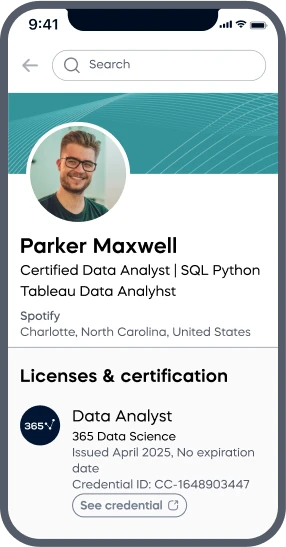
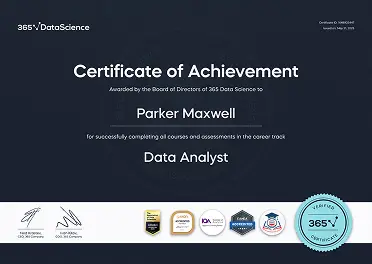
How it WORKS